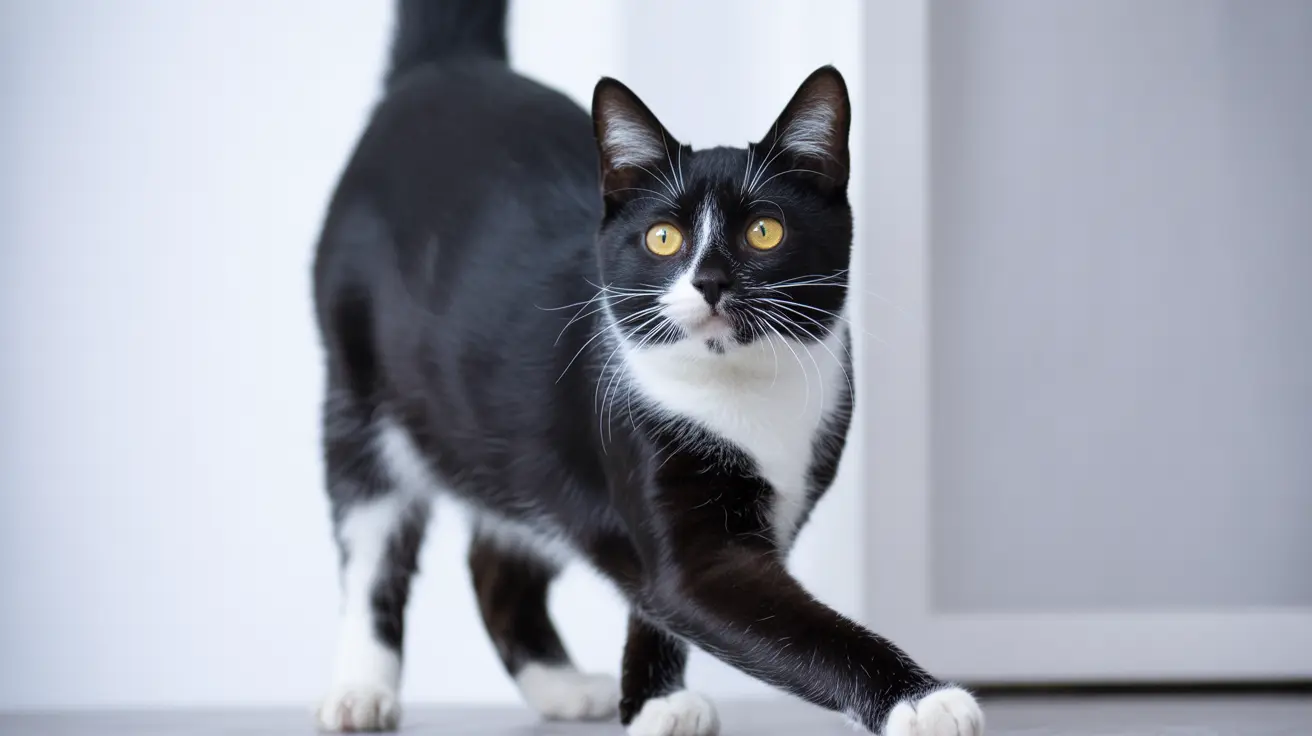Why Do Cats Like Shrimp So Much?
Cats are known for their picky eating habits, often turning their noses up at food that doesn't meet their exacting standards. However, one treat that consistently garners their attention is shrimp. From the moment a cat catches the aroma of steaming or raw shrimp, their instincts kick into high gear. But what makes shrimp so irresistible to our feline friends?
The Carnivorous Nature of Cats
To understand why cats are drawn to shrimp, it's essential to remember that cats are obligate carnivores. This means their bodies are designed to thrive on a diet primarily consisting of animal protein. Their digestive systems are built to extract nutrients from meat, and they rely heavily on amino acids like taurine, arginine, and lysine, which are abundant in animal-based foods.
Shrimp’s Irresistible Attributes
Shrimp tick multiple boxes that appeal to a cat’s senses and dietary preferences. Here’s why:
- High Protein Content: Shrimp is rich in protein, which supports muscle development and overall health in cats.
- Umami Flavor: Shrimp has a strong umami taste, which is highly appealing to cats. This flavor, often referred to as 'savory', is particularly attractive to carnivores.
- Strong Aroma: The powerful smell of shrimp can immediately attract a cat’s attention, especially when cooked or thawed from frozen.
- Texture: Many cats enjoy the slightly chewy texture of shrimp, which mimics the consistency of prey in the wild.
Instinct and Prey Mimicry
In the wild, cats hunt small animals like rodents, birds, and even aquatic creatures. The texture and appearance of shrimp can resemble the soft-bodied animals a cat might catch in nature. Their predatory instincts might explain their enthusiasm when presented with shrimp for the first time.
Nutritional Considerations
While shrimp can be a healthy addition to your cat’s diet when given in moderation, it's important to note:
- Watch for Allergies: As with any new food, monitor your cat for signs of allergic reaction or digestive upset.
- Avoid Additives: Never feed your cat shrimp that has been cooked with spices, garlic, onion, or oils. These can be toxic or harmful to felines.
- Remove Shells and Tails: These parts can be choking hazards or cause gastrointestinal blockage.
- Limit Frequency: Shrimp should be a treat, not a staple. Too much seafood can lead to an imbalance in your cat’s diet or expose them to heavy metals like mercury.
How to Safely Give Shrimp to Your Cat
If you’d like to introduce shrimp to your cat’s diet, follow these guidelines:
- Choose Fresh or Frozen Shrimp: Avoid pre-seasoned or processed options.
- Cook Thoroughly (Boiled or Steamed): Cooking kills bacteria and parasites that may be present in raw shrimp.
- Serve Plain: Do not add salt, butter, or seasonings.
- Cut into Small Pieces: This makes it easier for your cat to eat and decreases the risk of choking.
- Offer Occasionally: Treat shrimp as an occasional snack or reward.
Behavioral Reactions to Shrimp
You might notice your cat becoming more excited or vocal when they smell shrimp. This reaction is instinctual and a clear sign of how alluring the scent is to felines. Some cats might even paw or beg more aggressively than usual — typical prey-drive behaviors stimulated by the smell and sight of shrimp.
Flavor Preferences
While not all cats share the same taste, shrimp remains a widespread favorite. This preference likely stems from the natural chemicals in shrimp that trigger the feline taste receptors. Cats have a heightened sensitivity to amino acids like glutamic acid, which contributes to that umami flavor they love.
Is Shrimp Better Than Other Treats?
When comparing shrimp to commercial cat treats or other cooked meats like chicken or turkey, shrimp ranks favorably in taste for many felines. However, when it comes to nutrition and safety, balance is key. A high-quality formulated cat food should still be the core of their diet.
Conclusion
Cats love shrimp due to its rich protein content, enticing smell, savory taste, and texture that mimic natural prey. As long as it's prepared safely and given in moderation, shrimp can be an enjoyable and healthy treat. Understanding your cat's dietary instincts helps ensure they stay both happy and healthy while indulging in the occasional delicacy.





